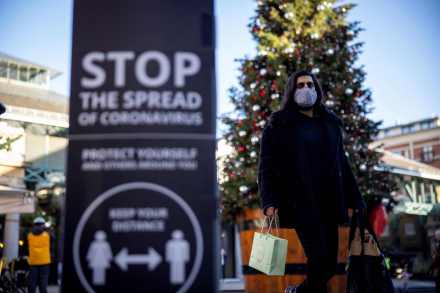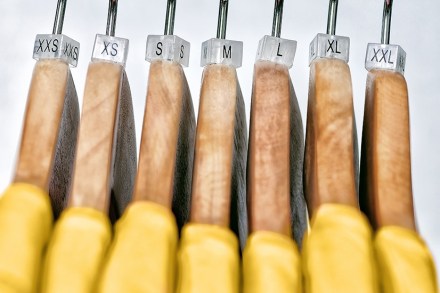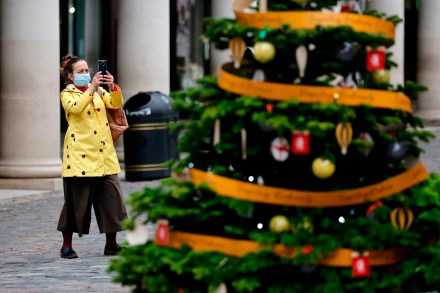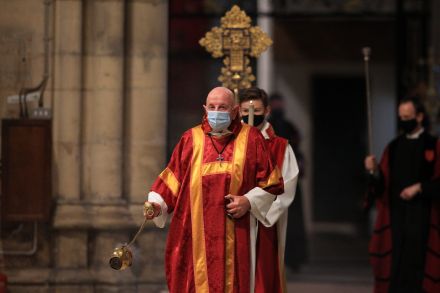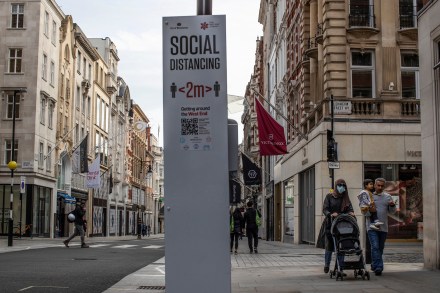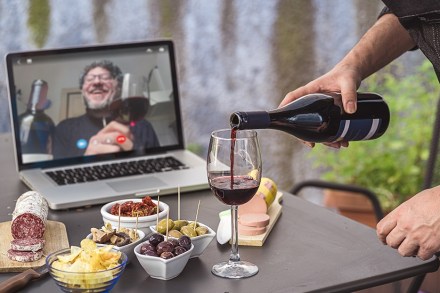The problems with Boris Johnson’s ‘freedom pass’
In one of his early lockdown press conferences, the Prime Minister suggested that those who tested positive for Covid could be released from lockdown because they’d be immune. The idea of an ‘immunity certificate’ was then dropped, as it raised obvious questions of unfairness: would you really have a caste of immuno-privileged people exempt from the lockdown rules? But now the idea seems to be back. The Sunday press reported on an Orwellian-sounding ‘freedom pass’ that would be granted to those who complied with a government-mandated testing regime. A source told the Sunday Telegraph that such a pass would ‘allow someone to wander down the streets and if someone else asks why




